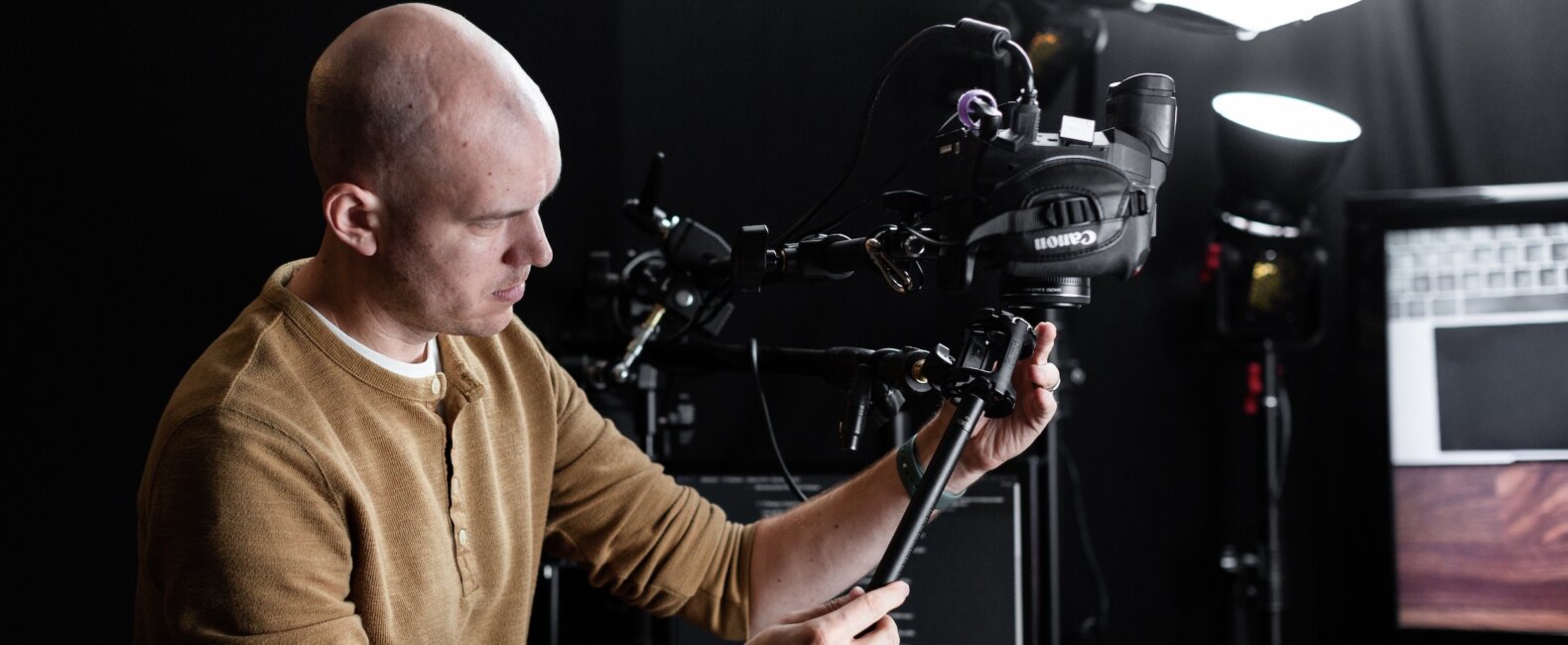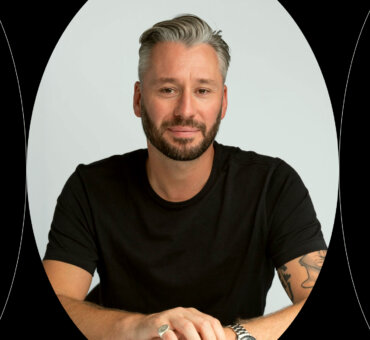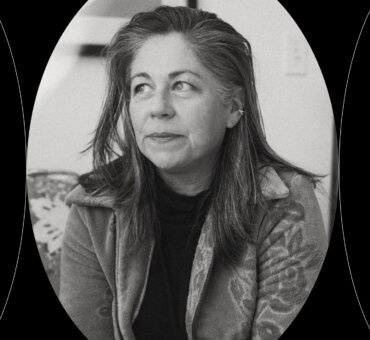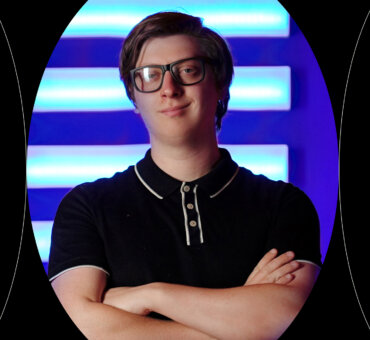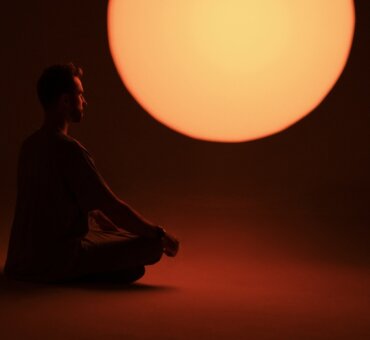Since 2014, filmmaker Caleb Wojcik has run his own production company creating content for various platforms, and co-created SwitchPod: a game-changing handheld tripod. Read his interview to learn more about how he got started, his storytelling essentials, and why he utilizes Musicbed to find the right music for his projects.
Musicbed: What sparked your passion for filmmaking or storytelling?
Caleb Wojcik: I’ve always been a huge fan of movies and cinematic television shows. But I was always the kid who used their extra money to go to the local Blockbuster to buy used movies and build up my DVD collection. I have always loved movies, and watching the behind-the-scenes, especially on those DVDs and Blu-rays, seeing how images are crafted, what kind of camera gear and lenses they’re using, the lighting setup, and how the camera is moving. I’ve just always been interested in that ever since I was a pre-teen. That’s what sparked my initial interest in doing video production for a living.
What keeps you motivated and creatively inspired?
It’s a combination of tentpole movie releases from my favorite directors Denis Villeneuve and Christopher Nolan and even Spielberg. Those are the top three directors I’ve always been inspired by and motivated to create my things. Now, I’m not doing anything nearly on those levels, but I try to take elements of the scale and the cinematic nature of those films and try to bring them down to what I do on a day-to-day level, either for my clients or for my family and my own YouTube channel. And having posters or backgrounds on my desktop of those movies keeps me thinking, ‘Okay, how can I make whatever I’m doing more cinematic, even if that’s just taking pictures of my kids?’
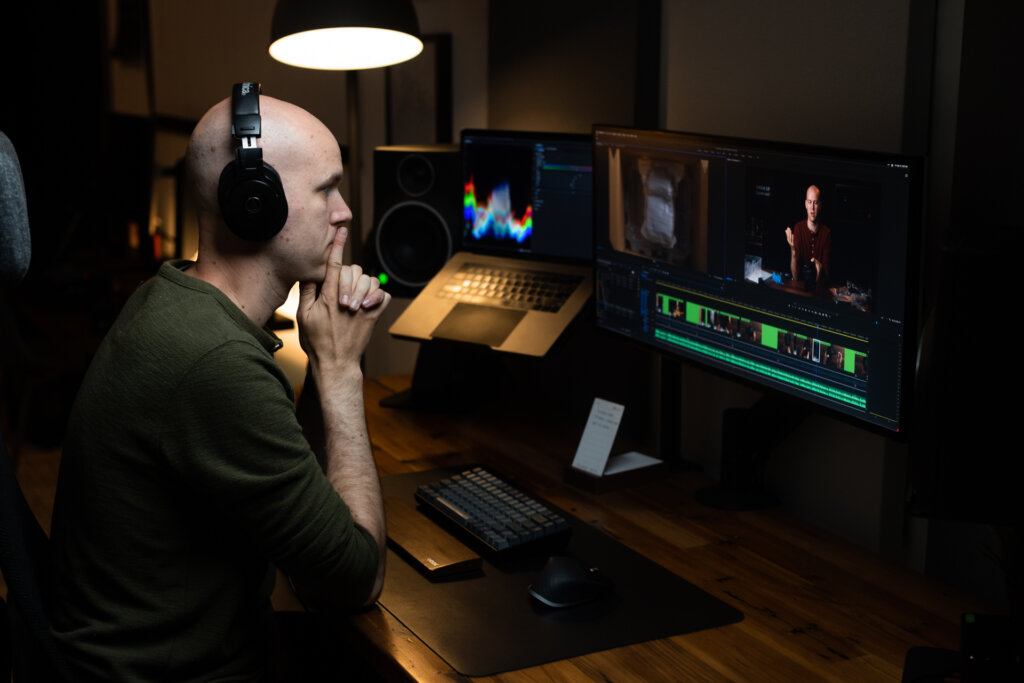
What makes a story visually appealing?
For a story to be visually appealing, you can make each frame or each shot in your video as strong as a picture or even better than that, a painting. This is something that my wife and I talked about when we saw Dune Part 2. It was every frame from both of the Dune movies from Disney that are like a painting, and they can stay on screen so much longer and make such a bigger impact on you because that is their concept art when they’re coming up with a movie. They have a person who makes concept art for what the environment’s going to look like. Maybe with costumes, but then that typically doesn’t make it into the movie because they’re doing a lot more close-ups or they’re cutting way more frequently. But the pacing of a beautifully shot visual story to me is much slower, and it gives you time to absorb each of those frames.
What role does music play in storytelling?
It’s best when the music is its character that brings the story and the acting and everything out a bit more. And I listen to soundtracks all the time when I’m working because it puts me in a physical state, a better mood to work on something, to be more ambitious or focused or what have you. Music can do the same thing, it can set the mood, it can set the tone for the viewer even more so than the visuals because you could change the music and it completely changes what’s happening when you do a slow zoom on someone’s face it could change what you think they are thinking even.
What elements do you think are essential for crafting a compelling story?
I think surprise is definitely one. I have trouble getting fully engrossed in a story when I know what’s going to happen because it uses tropes that have been used before, and so having a compelling story means not always doing the most predictable thing as the next step.
How important is music in your work?
Music is most important when I’m doing documentary-style work, less so when I’m doing more educational content. It tends to fade away in the “talking heads” or teaching aspects of the work that I create both filming and editing. But it’s still important to enhance what someone is trying to learn. It can be really dry and boring to listen to someone talking without any sort of background music at all. I find that music can help keep people focused if you choose the right kind of music at the right volume level, and change it at the right frequency, that can be really important but even more important than in those types of videos I’m making in the documentary-style stuff. It really helps with pacing and with keeping people engaged throughout a story—to have different pieces of music for different parts of the story and convey that things are positive or negative, or that there’s tension or resolution. All of those things. Music is important to help tell that story.
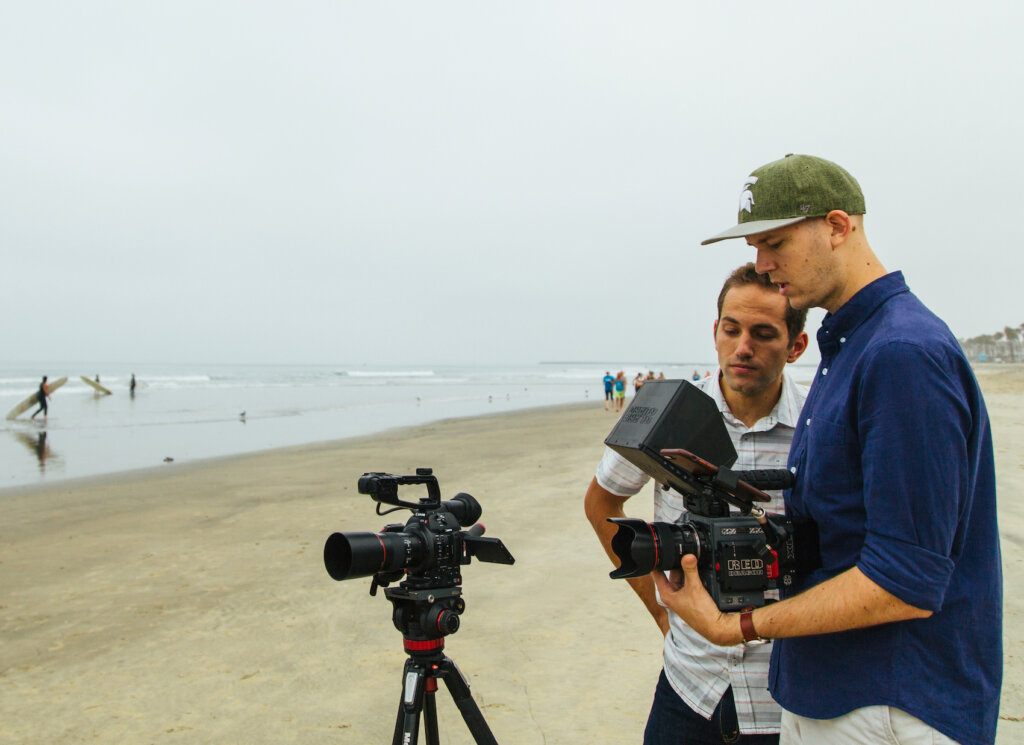
What advice would you give to other filmmakers or creators just starting their careers?
There are two main things I would recommend. Number one is repetition. Get out there and film, edit, and ship as much as possible. It will help you hone your skills faster and you’ll begin to develop your style that way. If you just consume and not create, then you’re not going to develop your formats or styles for what you like to do—you’re just going to copy what you see out there. And so that would be my main piece of advice. The second piece would be to look for inspiration outside of your niche. So if you are a wedding filmmaker, don’t just watch other wedding films to get inspiration for what to do. I do think it’s helpful to have a feel on the pulse of what your competitors are doing or what the industry is doing that’s normal, but try to look in other areas for inspiration, and that way you’ll bring in things that other people are consuming or styles that they’re not using, and you will stand out and be different.
How do you balance pushing boundaries creatively and delivering what the client wants?
It’s usually a mixture between ‘you know what they think they want’ and ‘what you know they should have.’ So that usually comes down to pre-production for me, talking with the client about what they want to make sure that we’re on the same page so I don’t end up filming and editing it all and it’s different than what they anticipated. But it is a hard balance to give the people what they want and do what you want to do creatively. So I think kind of choosing one aspect for each project you do and saying, ‘I’m going to try to do this in my way. I’m going to try to do the sound effects my way this time, the lensing or framing differently this time, and kind of see what’s different about that creatively,’ or ‘I’m gonna really focus on the music and do that my creative way and see if the client even notices or the audience even cares or if I that new direction.’
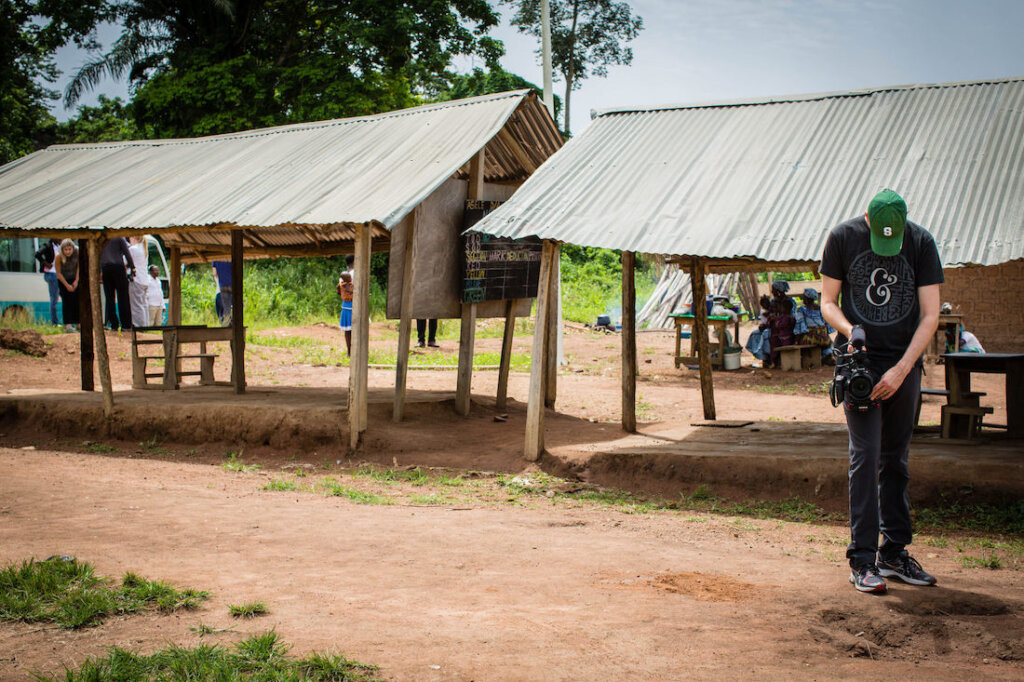
What is the most challenging aspect of being a filmmaker or creative?
I look up to the biggest budget films and the most talented people out there and see what they’re able to do and I’m doing stuff by myself with limited time and children and all the other aspects of my work life that you know take my capacity, and being like I wish myself looked like a Roger Deakins shot film but it doesn’t because it’s just me. But there are so many other aspects of those films that the amount of people and budget they have also contribute to that. So usually it’s just comparison is the biggest aspect that’s challenging for me.
What’s your favorite project you’ve worked on or what are some of your favorite projects you’ve worked on?
Over the past decade, I’ve ended up filming a lot of events and online courses, and those are not that different from each other. You know, it’s a lot of filming people talking on stage, doing highlight reels or weddings, or it’s recording people with a stationary multi-camera with teleprompters and kind of just getting them to the information in the best way possible. The most memorable to me is any time I did any sort of documentary-style shoot, so the two that come to mind are when I got to go to Ghana in Africa with Pat Flynn of Smart Passive Income to see the schools that he fundraised to build with Pencils of Promise. And I put out four or five videos on his YouTube channel for that. That was a week-long trip to Africa to film, document, and tell that story. It was really awesome to capture and edit and put music to the different moments, especially to convey the emotions of the parts of the trip.
And then the other documentary series I did was the I Am a Blogger series for Convert Kit. Those were great because we did about nine of those around the country and I got to do photography and video and see different ways that different bloggers/creators make money and make their living. Those were also a lot of work, but a lot of fun to make, too.
How do you search for music on Musicbed? What are your tips for other filmmakers searching on Musicbed?
When I’m in that music-searching phase for a big project, I will try to listen to music on Musicbed. Not at my computer when I’m trying to insert it into a timeline because when you’re looking for a song, you feel like you’ve listened to them all. You might listen to the first few seconds, and then you listen to the middle, click through, and you’re like, ‘Okay, how long is this? Is that long enough?’ You get caught up in the technical aspects of the song instead of the emotion or the feelings of the song. So I try to walk away from my computer or when I’m going to be away already, driving, doing errands, on a walk, or working out. That’s when I’ll listen to music because then you can hear the whole song and keep listening to different songs in the genre/style you’re looking for for your project. That’s when you can choose something that might fit well. You’re less worried about how long it is or the BPMs or the tags on it and you listen to the song and see how it could fit into your project.
Why do you utilize Musicbed in your work?
The main thing is how it curates who is in the library. It makes the music just overall a higher quality. It’s less generic sounding. It’s not the music that everyone is using from a cheaper streaming platform and just the level of production quality on the songs makes them unique enough for whatever I need them for. The search tools with Musicbed are also better than any other platform I use or have used a lot over the years because certain clients already have subscriptions to things. Looking for songs on other platforms is extremely frustrating, but on Musicbed, it’s an enjoyable time.
–
Explore Caleb’s playlist of his go-to songs to use in his videos—all ready to license for your projects on Musicbed.















































































